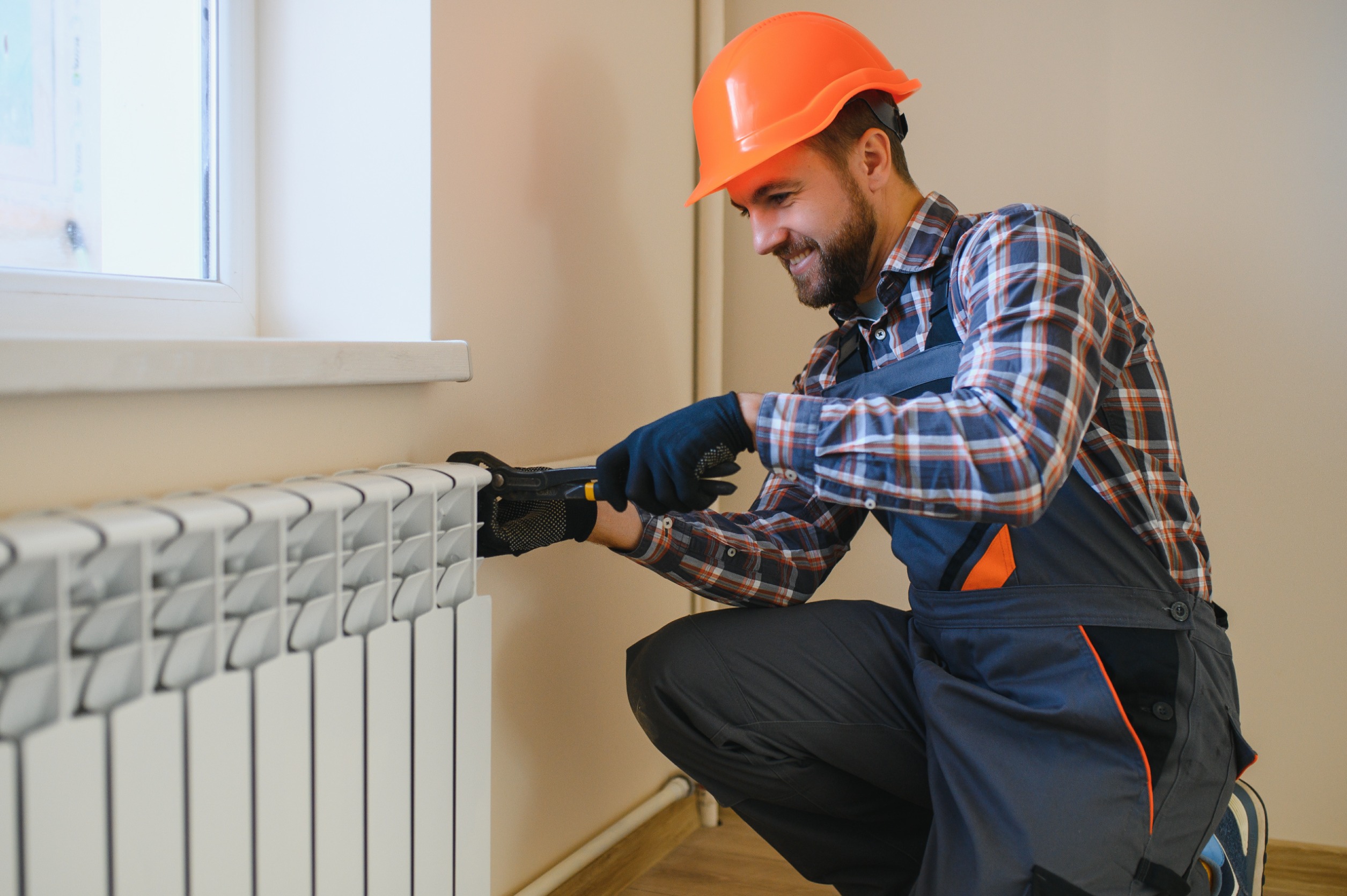How to Choose a Heating Contractor

Selecting the right heating contractor for your home or business is a critical decision. An experienced and reputable professional ensures your heating system functions efficiently, keeping your space comfortable during colder months. Here’s how to make an informed choice.
Understand Your Heating Needs
Before contacting a contractor, identify your specific heating needs. Are you installing a new system, upgrading your current one, or needing repairs? Determining your requirements helps you communicate effectively and ensures the contractor can meet your expectations.
Research Potential Contractors
Look for Local Expertise
Hiring a contractor familiar with your area ensures they understand local climate conditions and building codes. Explore their knowledge about regional needs by checking their presence on their About Us page or similar resources.
Check Credentials
Verify that the contractor holds the necessary licenses and certifications. Membership in professional organizations or associations is a good indicator of their commitment to quality and ongoing education.
Ask the Right Questions
When interviewing contractors, ask relevant questions such as:
- How long have you been in business?
- Do you offer warranties or guarantees for your work?
- Can you provide a detailed estimate?
- What is your experience with my specific heating system or requirements?
For more tips, explore how to troubleshoot HVAC issues at home.
Evaluate Reviews and References
Online Reviews
Check reviews on platforms like Google and Yelp to get insights into the contractor’s customer service and workmanship.
Customer References
Ask for references from past clients. Speaking with previous customers gives a better understanding of their reliability and quality of work.
Assess Communication and Professionalism
Clear communication is key when working with a contractor. Ensure they are responsive, provide thorough answers, and show respect for your time and property. Their ability to explain complex heating system details reflects their expertise and professionalism.
Compare Estimates
Request detailed written estimates from multiple contractors. These should include:
- A breakdown of labor and material costs.
- Expected project timelines.
- Payment terms and warranties.
For guidance on maintaining heating systems, visit the importance of regular HVAC inspections.
Look for Comprehensive Services
A reliable contractor offers more than just installation or repair. Comprehensive services, including emergency support and maintenance plans, indicate a long-term commitment to their clients. Learn more about emergency HVAC services.
Verify Insurance Coverage
Ensure the contractor has liability insurance and worker’s compensation coverage. This protects you from potential legal and financial issues in case of accidents during the project.
Ensure Energy Efficiency Expertise
Inquire about the contractor’s knowledge of energy-efficient heating systems. Proper installation and maintenance of these systems can significantly reduce energy costs. For more, explore how to extend the life of your HVAC system.
Review Contract Details Carefully
Before signing, thoroughly review the contract. Ensure it includes:
- Project scope and details.
- Cost breakdown.
- Warranty terms.
- Timelines and payment schedules.
For guidance on HVAC care year-round, explore how to maintain your HVAC system year-round.
Building a Long-Term Relationship
Establishing a long-term relationship with a trusted contractor can save time and money in the future. Contractors familiar with your heating system are better equipped to provide timely and effective service.
Stay Informed
Stay informed about advancements in heating technology and service options. Check out helpful resources such as how to troubleshoot HVAC issues at home.
Frequently Asked Questions
1. Why is it important to hire a licensed heating contractor?
Licensed contractors adhere to local building codes and standards, ensuring safe and reliable service.
2. How can I verify a contractor’s license and credentials?
Request the contractor’s license number and check with your local licensing authority or professional organizations.
3. What should I include in a heating contractor’s contract?
Ensure the contract outlines project details, costs, timelines, warranty terms, and payment schedules.
4. How often should heating systems be inspected?
Annual inspections are recommended to maintain system efficiency and identify potential issues early.
5. What are the benefits of choosing a local heating contractor?
Local contractors understand the area’s climate, building codes, and common heating issues, providing tailored solutions.
6. How do I determine if a contractor specializes in energy-efficient systems?
Ask about their experience with energy-efficient heating systems and check certifications from energy-focused organizations.
7. What should I do if I’m unhappy with a contractor’s work?
Communicate your concerns directly and request revisions. If unresolved, contact relevant licensing boards or professional organizations.
8. Are emergency heating services necessary?
Yes, having access to emergency heating services ensures quick repairs during unexpected system failures.
9. What are common signs that my heating system needs repair?
Signs include unusual noises, inconsistent temperatures, high energy bills, and frequent cycling.
10. Can regular maintenance improve my heating system’s lifespan?
Absolutely. Routine maintenance keeps your system running efficiently and prevents costly breakdowns. For more, visit how to maintain your HVAC system year-round.



